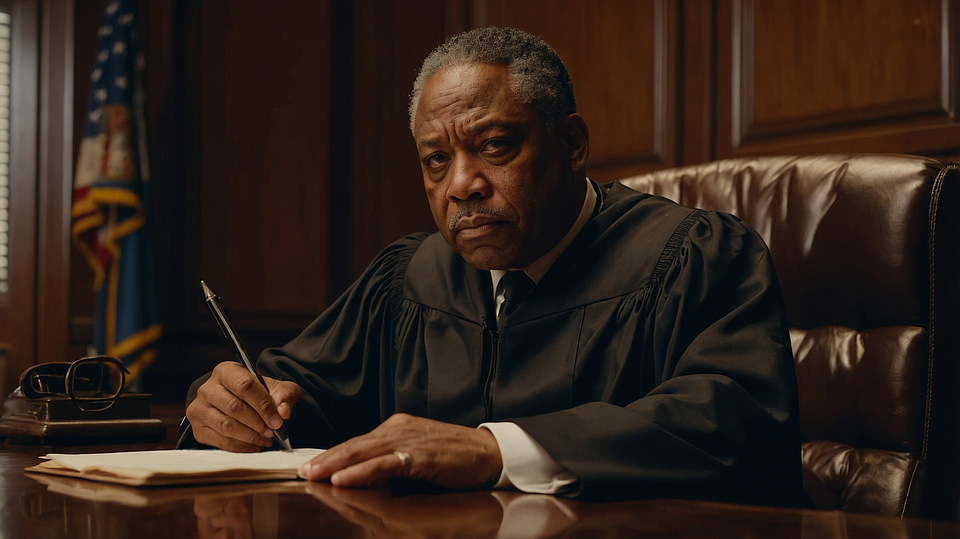Divorce is not only an emotional challenge but also a significant financial undertaking. Poor financial decisions made during a divorce can lead to long-term repercussions, jeopardizing your financial stability and future. Protecting yourself financially requires careful planning, attention to detail, and awareness of potential pitfalls. This article explores the top financial mistakes to avoid during a divorce, offering insights and strategies to safeguard your financial well-being during and after the process.

A major financial mistake during a divorce is failing to fully understand your financial situation. Many individuals enter the divorce process without a clear picture of their assets, liabilities, income, and expenses. Without this knowledge, it is impossible to negotiate a fair settlement. In 2025, a survey conducted by Divorce Financial Experts found that 68% of individuals who did not compile a complete financial inventory during their divorce reported regrets about their financial agreements. To avoid this mistake, gather all financial documents, including bank statements, tax returns, retirement account details, and property valuations. Understanding your financial landscape empowers you to make informed decisions and ensures equitable asset division.
Another common error is overlooking the long-term impact of financial decisions. In the heat of divorce negotiations, individuals often focus on immediate gains without considering future implications. For example, agreeing to take sole ownership of the family home might seem beneficial, but the costs associated with mortgage payments, property taxes, and maintenance can become burdensome. Similarly, accepting a smaller share of retirement accounts in favor of liquid assets may lead to financial challenges during retirement. A 2025 study by the Financial Planning Association revealed that 40% of divorcees who prioritized short-term benefits over long-term planning faced financial instability within five years. Consulting a financial advisor during the divorce process can help you evaluate the long-term consequences of your decisions and develop a strategy that secures your future.
Failing to consider tax implications is another significant mistake. Divorce settlements often involve the transfer of assets, alimony, or child support payments, all of which have tax consequences. For instance, while alimony payments were tax-deductible for the payer and taxable for the recipient prior to 2019, changes in tax laws now make these payments non-deductible and non-taxable. Similarly, the sale or transfer of assets like real estate may trigger capital gains taxes. In 2025, the IRS reported a 15% increase in tax-related disputes stemming from divorce settlements, highlighting the importance of understanding tax obligations. Working with a tax professional can help you navigate these complexities and avoid unexpected financial burdens.
Overlooking hidden assets is another mistake that can undermine a fair settlement. Unfortunately, some spouses attempt to conceal assets during divorce proceedings to retain a larger share of the marital estate. Common tactics include hiding bank accounts, undervaluing property, or transferring assets to third parties. In 2025, forensic accountants reported a rise in cases involving hidden assets, with an estimated 20% of high-net-worth divorces uncovering undisclosed wealth. To protect yourself, work with your attorney to conduct thorough financial discovery, and consider hiring a forensic accountant if you suspect hidden assets. Transparency is essential for achieving a fair outcome.

Failing to update financial accounts and legal documents after the divorce is finalized is another frequent error. Many individuals forget to revise beneficiary designations on life insurance policies, retirement accounts, and wills, leading to unintended consequences. For instance, if an ex-spouse remains listed as a beneficiary on your retirement account, they may inherit the funds despite the divorce agreement. A widely reported case in 2025 involved a divorced individual who lost their retirement savings to an ex-spouse due to outdated beneficiary forms. To avoid this mistake, update all accounts and legal documents promptly after the divorce to reflect your new circumstances and intentions.
Underestimating the cost of living post-divorce is another pitfall that can lead to financial difficulties. Many people fail to account for the increased expenses of maintaining two separate households, including rent, utilities, and childcare. In 2025, a report by the National Divorce Center revealed that 52% of divorcees experienced financial strain within the first year due to underestimating their post-divorce expenses. Creating a detailed budget that reflects your new financial reality is crucial for managing expenses and avoiding debt. Include all anticipated costs, such as health insurance, education, and transportation, to ensure a realistic financial plan.
Rushing through the divorce process to minimize emotional pain is another common mistake with financial repercussions. While it may be tempting to finalize the divorce quickly, doing so without careful consideration of financial details can result in an inequitable settlement. For example, agreeing to unfavorable terms regarding alimony, child support, or asset division can have lasting consequences. In 2025, legal experts emphasized the importance of taking the time to understand the implications of every financial decision. Work closely with your attorney to ensure that your settlement reflects your needs and protects your interests.

Lastly, neglecting to seek professional guidance during the divorce process is a critical error. Divorce is a complex legal and financial process, and attempting to navigate it without expert assistance can lead to costly mistakes. A team of professionals, including a divorce attorney, financial advisor, and tax expert, can provide invaluable guidance and support. In 2025, studies showed that individuals who worked with a multidisciplinary team during their divorce were 35% more likely to achieve favorable financial outcomes compared to those who handled the process independently. Investing in professional expertise can save you money in the long run and help you achieve a more secure financial future.
Divorce is undoubtedly a challenging process, but avoiding these common financial mistakes can make it more manageable and ensure a brighter future. By understanding your financial situation, considering long-term implications, addressing tax issues, and seeking professional guidance, you can protect your financial well-being during and after the divorce. Taking the time to plan and make informed decisions not only safeguards your assets but also provides the stability you need to rebuild your life. For more expert advice and resources, visit Reliefamily.com.

